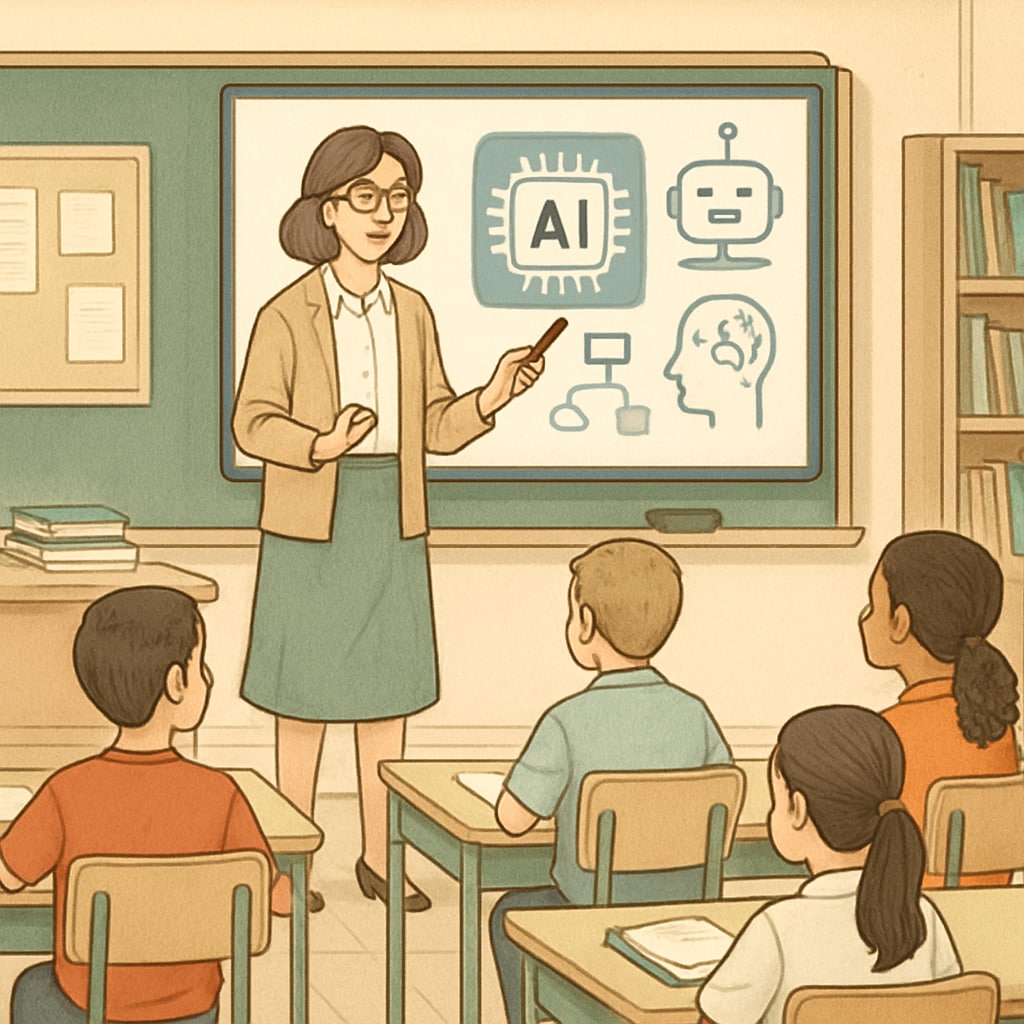AI subscription services are rapidly transforming the education landscape. With tools like ChatGPT Plus, Perplexity Pro, and Claude Pro, students can now access personalized learning assistance tailored to their academic needs. In this article, we explore how a college student tested these AI services, measuring their impact on academic performance and uncovering strategies for leveraging AI to enhance learning outcomes. Furthermore, this experiment highlights the potential of AI in K-12 education and how students can use these tools to improve grades while recouping subscription costs.
Evaluating AI Learning Tools: ChatGPT Plus, Perplexity Pro, and Claude Pro
The test began with the student subscribing to three leading AI services: ChatGPT Plus, Perplexity Pro, and Claude Pro. Each platform offers unique features:
- ChatGPT Plus: Known for its conversational abilities, this tool provided essay assistance, brainstorming, and clarification of complex concepts.
- Perplexity Pro: Specializing in research, it helped the student locate credible sources and summarize vast amounts of information.
- Claude Pro: Focused on logical reasoning and problem-solving, particularly effective for STEM-related assignments.
The student used these services across various tasks, including essay writing, exam preparation, and project research. Each tool was evaluated based on usability, accuracy, and overall contribution to academic improvement.

AI Subscription Services: A Worthwhile Investment?
One of the primary concerns for students is whether the cost of AI subscriptions justifies the benefits. In this case, the student found that the investment paid off in multiple ways:
- Time Savings: By automating repetitive tasks, such as editing and formatting, the student had more time to focus on learning.
- Improved Grades: With AI-generated insights and suggestions, the quality of assignments and exam preparation improved significantly.
- Financial Recovery: The student began offering AI tutoring services to peers, using their expertise with these tools to recoup subscription costs.
This approach not only enhanced academic performance but also demonstrated entrepreneurial potential, showing how students can creatively utilize AI for financial and educational benefits.
The Broader Implications for K-12 Education
While this experiment focused on college-level academics, the findings have broader implications for K-12 education. AI tools like ChatGPT Plus and Perplexity Pro could serve as supplementary resources for younger students, providing personalized support in areas where traditional instruction may fall short. For example:
- AI can help students struggling with specific subjects by offering step-by-step explanations.
- It can foster independent learning by guiding students through self-directed study plans.
- Parents can use these tools to monitor and support their child’s learning journey more effectively.

However, it’s crucial to address potential challenges, such as ensuring equitable access to these tools and preventing over-reliance on AI for academic tasks. Educators and policymakers must work together to integrate AI responsibly into the curriculum, ensuring it complements traditional teaching methods rather than replacing them.
Conclusion: The experiment underscores the transformative potential of AI subscription services in education. By leveraging tools like ChatGPT Plus, Perplexity Pro, and Claude Pro, students can achieve significant academic improvements while developing valuable skills for the future. As these technologies continue to evolve, their role in education is likely to expand, offering new opportunities for personalized and effective learning.
For more information on AI tools, you can visit Artificial Intelligence on Wikipedia or AI on Britannica.


